Get Mold Inspection in Indianapolis, IN
Mold inspection services for Indianapolis homeowners identify hidden mold issues caused by leaks or humidity, helping with home repairs, renovations, or health concerns.
If you’re a property owner in Indianapolis, IN, considering a mold inspection, you’re in the right place to explore your options. Mold issues can sometimes develop unnoticed, especially in areas with high humidity or past water exposure, making an inspection a practical step toward maintaining a safe and healthy environment. Whether you're planning improvements, preparing for a sale, or simply want peace of mind, comparing services offered by local contractors can help you find the right solution for your needs.
This page connects you with experienced service providers in the Indianapolis area who specialize in mold inspection. Understanding the scope of work and available options can support informed decisions for your property. Keep reading to learn more about what to expect and how to identify reliable local professionals capable of handling your mold inspection needs.
- Mold Inspection - needed when visible mold growth appears on walls or ceilings in homes or businesses.
- Post-Water Damage Inspection - required after flooding or leaks in neighborhoods like Fountain Square or Broad Ripple.
- Pre-Purchase Home Inspection - recommended when buying a property in areas with prior water issues or high humidity.
- Asbestos and Mold Testing - essential for older buildings in Indianapolis, IN during renovation or remodeling projects.
- Indoor Air Quality Assessment - sought when residents notice persistent musty odors or allergy symptoms indoors.
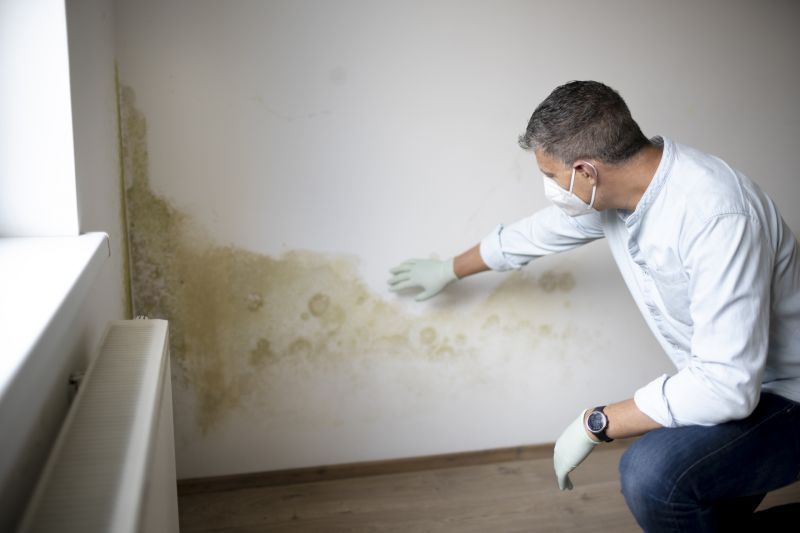
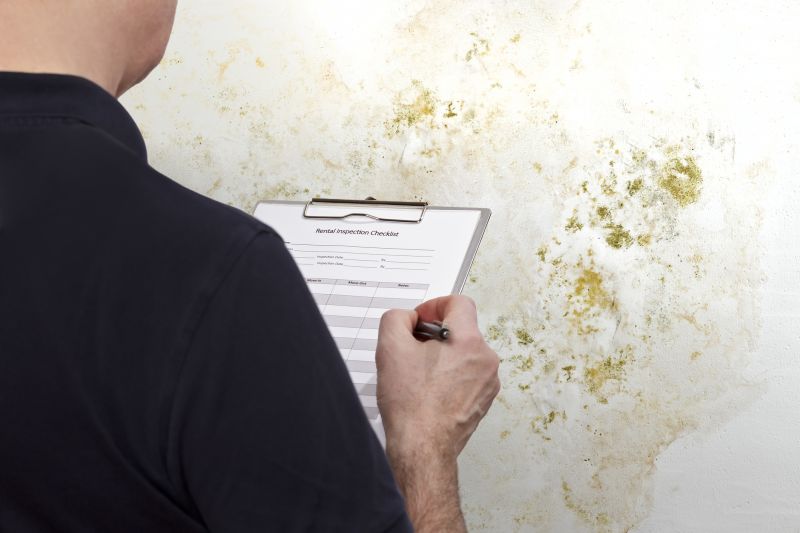
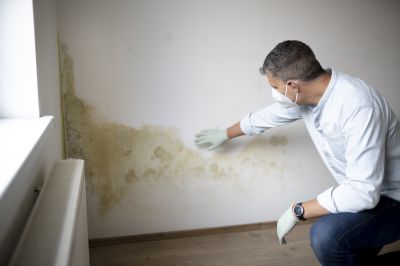
Mold inspection services involve a thorough assessment of a property to identify the presence and extent of mold growth. Trained service providers use specialized tools and techniques to detect mold spores that may not be visible to the naked eye. This process typically includes a visual examination of areas prone to moisture, such as basements, bathrooms, or around plumbing fixtures, along with the collection of air and surface samples for laboratory analysis. The goal is to determine if mold is present, what type it is, and whether it could pose health concerns for occupants.
These services are especially helpful in resolving problems related to persistent odors, visible mold growth, or unexplained allergic reactions among residents. Mold can develop in hidden areas behind walls, under flooring, or within insulation, making it difficult for homeowners to detect without professional help. Conducting a mold inspection can pinpoint sources of moisture that contribute to mold growth, enabling effective remediation. Identifying mold early can prevent it from spreading further and causing more extensive damage or health issues.
Properties that often utilize mold inspection services include residential homes, especially those experiencing water damage from leaks or flooding. Older houses with hidden or poorly ventilated spaces are also common candidates, as they may be more susceptible to mold development. Additionally, properties undergoing renovations or recent construction work might require inspections to ensure that mold has not developed during the process. Commercial buildings, rental units, and multi-family residences can benefit from regular mold assessments to maintain a healthy environment for occupants.
Homeowners should consider scheduling a mold inspection if they notice signs such as musty odors, visible mold patches, or unexplained respiratory symptoms among residents. Moisture issues like leaks, condensation, or flooding can create ideal conditions for mold growth, making inspections a proactive step in property maintenance. Engaging with experienced service providers can help identify potential problems early, allowing for targeted remediation and peace of mind. Contacting local contractors for a professional mold inspection can be an important part of maintaining a safe, healthy living space.
The overview below groups typical Mold Inspection projects into broad ranges so you can see how smaller, mid-sized, and larger jobs often compare in Indianapolis, IN.
In many markets, a large share of routine jobs stays in the lower and middle ranges, while only a smaller percentage of projects moves into the highest bands when the work is more complex or site conditions are harder than average.
Basic Mold Inspection - Typical costs range from $250 to $600 for many smaller or routine inspections. These projects usually involve checking accessible areas and are common for standard home assessments.
Standard Inspection Packages - Many local contractors charge between $600 and $1,200 for more comprehensive evaluations. Larger homes or multiple areas can push costs toward the higher end of this range.
Extensive or Complex Inspections - Larger, more detailed inspections for difficult-to-access areas or suspected extensive mold growth can reach $1,200 to $2,500 or more. Fewer projects fall into this higher tier, but they are necessary for complex cases.
Post-Remediation Verification - Confirmatory inspections after mold removal typically cost between $300 and $700. Many routine jobs land in the middle of this range, with some larger or more involved projects reaching higher costs.
Actual totals will depend on details like access to the work area, the scope of the project, and the materials selected, so use these as general starting points rather than exact figures.
Asbestos Inspection Services - professionals who assess building materials for asbestos can apply similar techniques to identify mold sources and contamination risks.
Indoor Air Quality Testing - local contractors conducting air quality assessments often have experience detecting mold spores and airborne pollutants related to mold issues.
Water Damage Restoration - experts in water damage cleanup are skilled at identifying moisture problems that can lead to mold growth within structures.
Building Inspection Services - general inspectors who evaluate homes for structural issues also perform visual assessments for signs of mold and related damage.
HVAC System Inspection - technicians inspecting heating, ventilation, and air conditioning systems can identify conditions conducive to mold development.
Leak Detection Services - specialists who locate hidden leaks use similar planning and tools to find moisture sources that may cause mold proliferation.
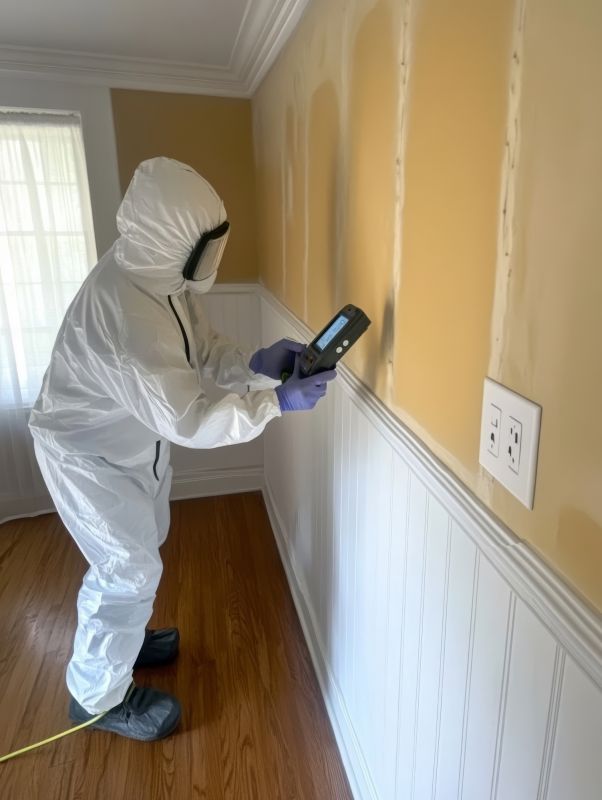
When evaluating mold inspection service providers in the Indianapolis area, it’s important to consider their experience with similar projects. Homeowners should inquire about how long a local contractor has been performing mold inspections and whether they have handled cases similar to their own. An experienced service provider will be familiar with common mold issues in the region and will understand the best practices for thorough assessments. This background can help ensure that the inspection is comprehensive and tailored to the specific conditions of the home.
Clear written expectations are essential for a smooth process. Homeowners should seek out service providers who can provide detailed descriptions of what the inspection will include, what the homeowner can expect during the visit, and how findings will be communicated. Having these expectations in writing helps prevent misunderstandings and ensures that everyone is on the same page about the scope of work. It’s also beneficial to ask how the provider handles follow-up questions or additional assessments, should they be needed.
Reputable references and effective communication are key indicators of a trustworthy service provider. Homeowners can ask local contractors for references from previous clients or look for reviews and testimonials that speak to their professionalism and quality of work. Good communication from the provider-such as prompt responses to inquiries and clarity in explanations-can make the inspection process more straightforward and less stressful. Remember, the site introduces homeowners to local options capable of handling the job, but it is the homeowner’s responsibility to verify the credentials and reputation of the service providers they choose to work with.
Property owners in Indianapolis, IN use Mold Inspection services for practical projects around their homes and businesses. This guide focuses on everyday jobs and straightforward project options.
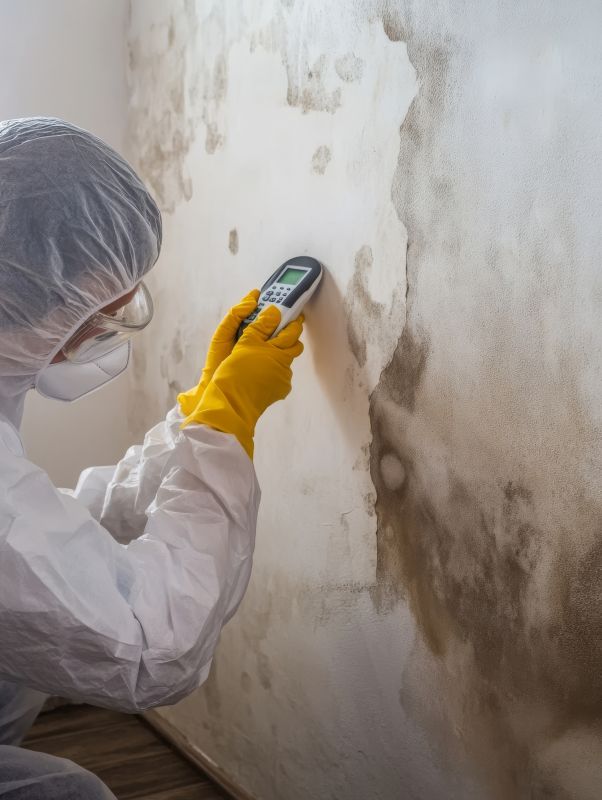
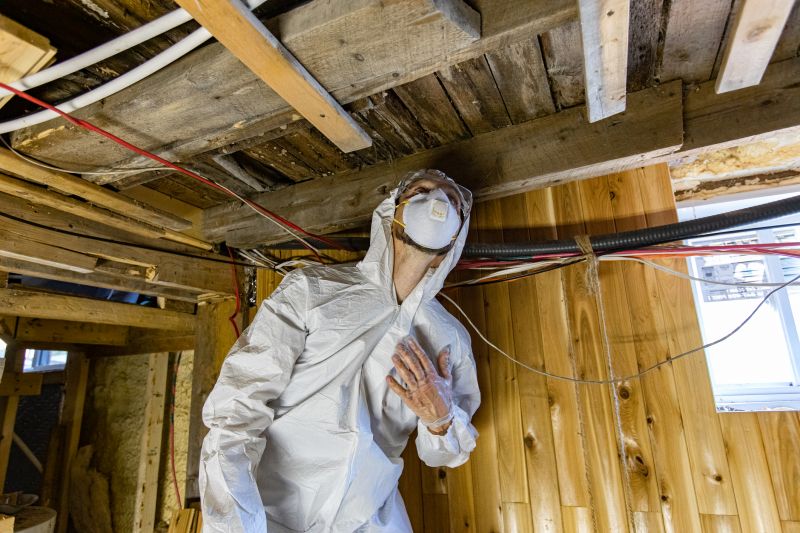
Homeowners in Indianapolis, IN might seek mold inspection services when they notice signs of moisture problems, such as persistent musty odors, visible mold growth, or water stains on walls and ceilings. These issues can arise after heavy rains, plumbing leaks, or high humidity levels common in the area. Property owners often want to identify the source of mold growth early to prevent potential health concerns and avoid further damage to their homes.
In addition, individuals preparing to sell a property or completing a renovation project may consider mold inspections to ensure the space is safe and free from hidden mold issues. Local contractors specializing in mold inspection can help detect mold presence in hard-to-see areas like behind walls or under flooring. Contacting experienced service providers can provide peace of mind and clarity about the condition of the property, especially in older homes or buildings that have experienced previous water intrusion.
What is involved in a mold inspection? A mold inspection typically includes a visual assessment of the property, identifying moisture sources, and possibly sampling to determine mold presence and types. Local service providers use specialized tools to evaluate indoor air quality and surface conditions.
How do I know if I need a mold inspection? If you notice visible mold growth, persistent musty odors, or unexplained allergy symptoms, a mold inspection can help identify hidden mold issues that may not be immediately apparent.
What areas should be checked during a mold inspection? Inspectors generally examine areas prone to moisture, such as basements, bathrooms, attics, around windows, and areas with water damage or leaks.
Can a mold inspection detect all types of mold? Mold inspections can identify the presence of mold and sometimes specific types, but some molds may require laboratory analysis for precise identification, which local contractors can facilitate.
What should I do if mold is found during an inspection? If mold is detected, local service providers can recommend remediation options and help develop a plan to safely remove mold and address moisture issues to prevent future growth.
Mold Inspection for Water Damage - Property owners can schedule an inspection after a leak or flooding to identify hidden mold growth that may affect indoor air quality.
Pre-Purchase Mold Evaluation - Homebuyers can arrange for a mold inspection before finalizing a purchase to ensure the property is safe and free from mold issues.
Remediation Planning Support - When planning mold removal, property owners can consult with local contractors to understand the extent of mold presence and necessary cleanup steps.
Routine Indoor Air Quality Checks - Regular inspections can help maintain a healthy living environment by detecting mold early in areas prone to moisture buildup.

If you are thinking about Mold Inspection for a property in Indianapolis, IN, this guide is meant to help you understand the work, the typical project types, and how different options might fit your plans.
When you are ready, you can use the quote form on this page to share a few details about your project. From there, local pros can review the basics and respond with options that match what you have in mind.



